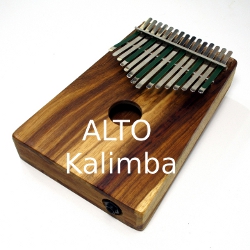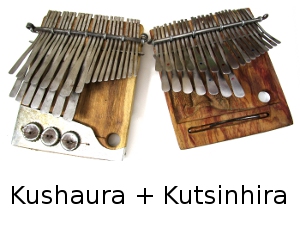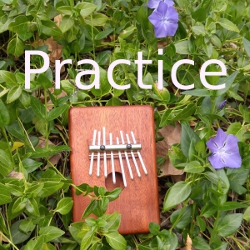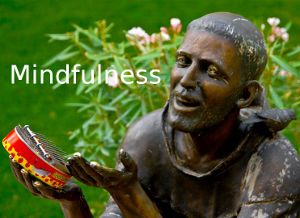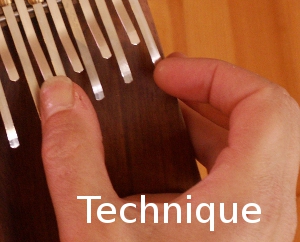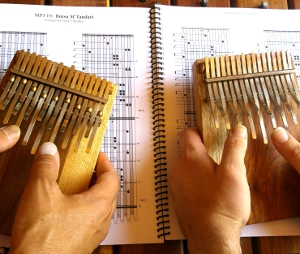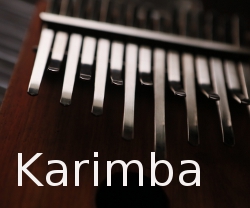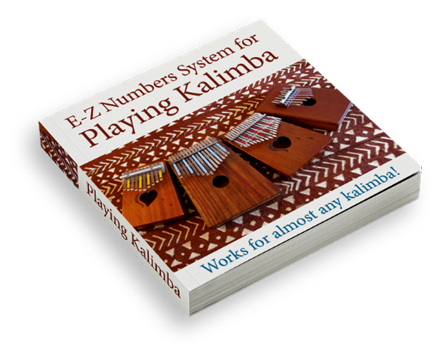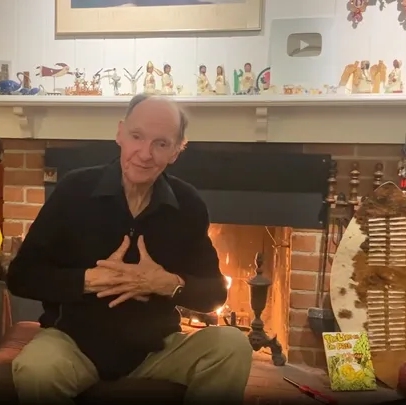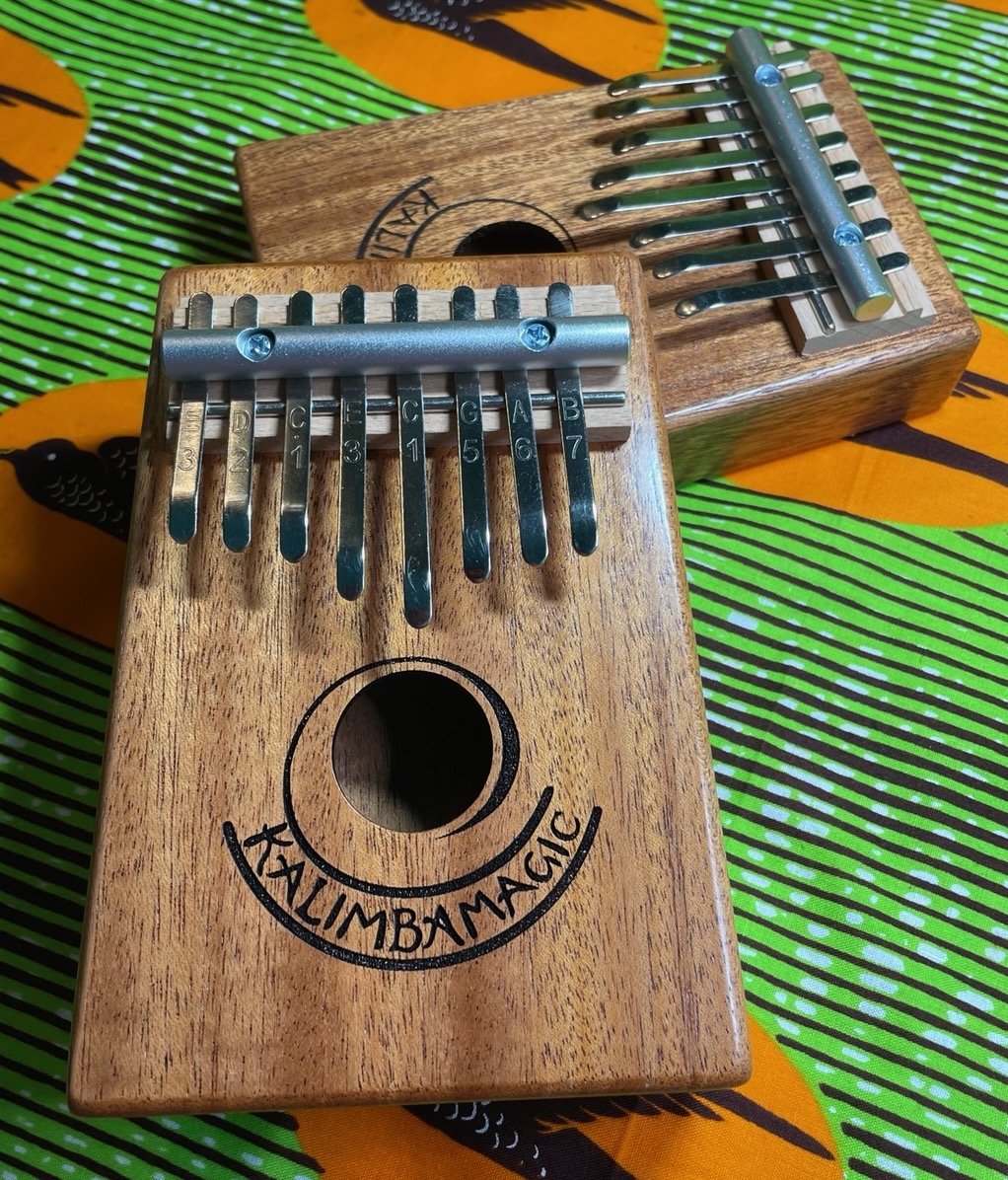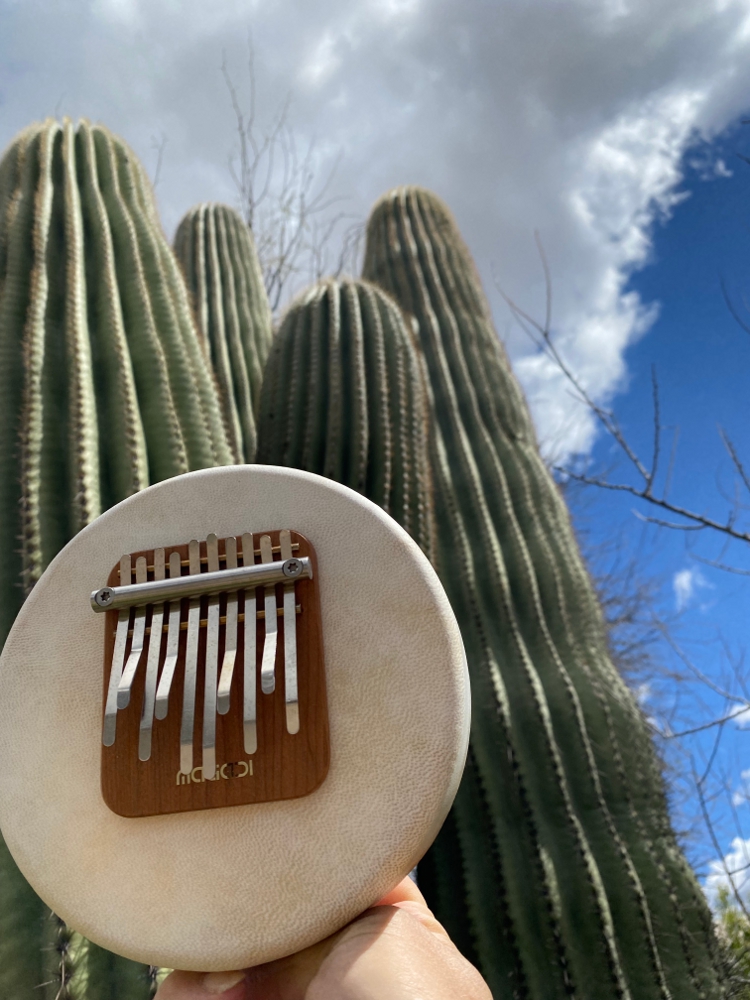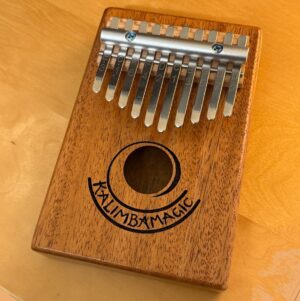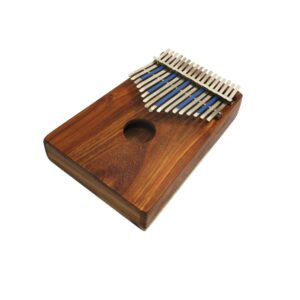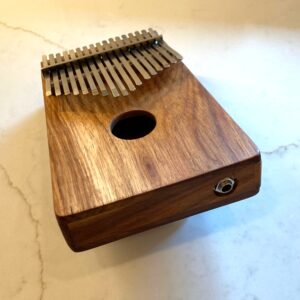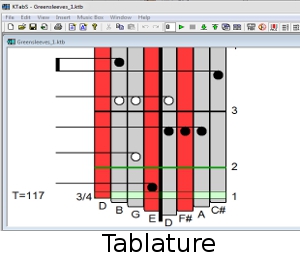
Why Kalimba Tablature? Greensleeves!
The tremendous assistance that kalimba tablature can provide in arranging and learning songs. Click to download the Greensleeves tablature in PDF I have a symbiotic relationship with kalimba tablature: I work really hard to notate really wonderful music in tablature. Through working on this tablature, I come to be able to play music that is more difficult and more polished than I would otherwise be able to perform. I make kalimba tablature better, and kalimba tablature makes me better. To get your free Greensleeves tablature PDF, which will work for 8-Note, Alto, or Bb Treble kalimbas, click the image above. What is the best idea you have ever come
